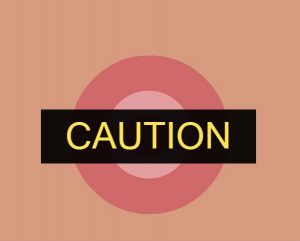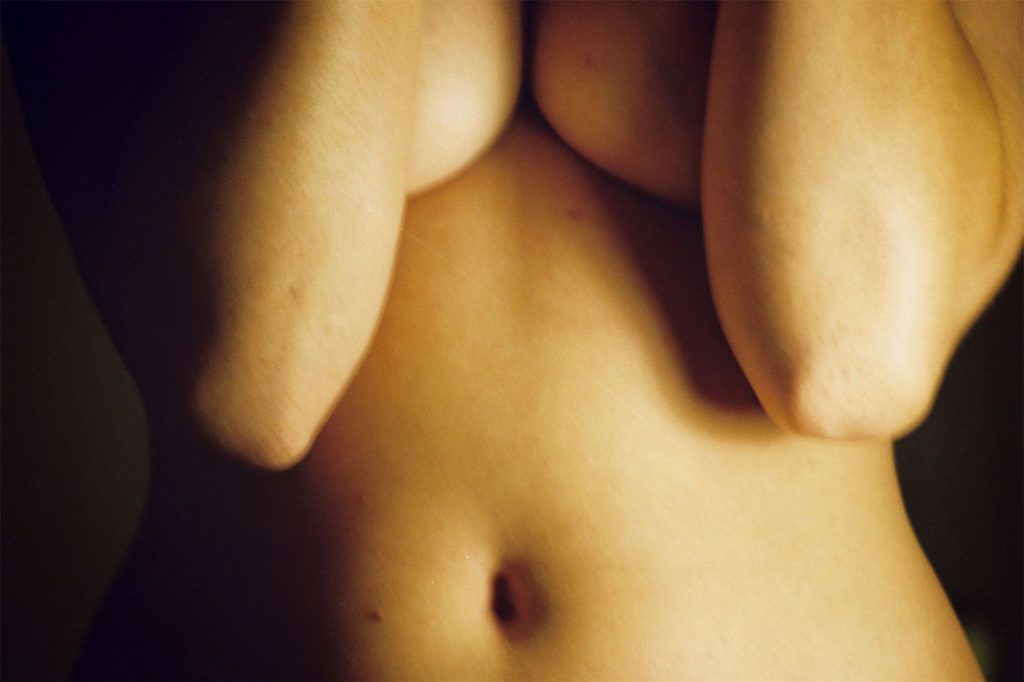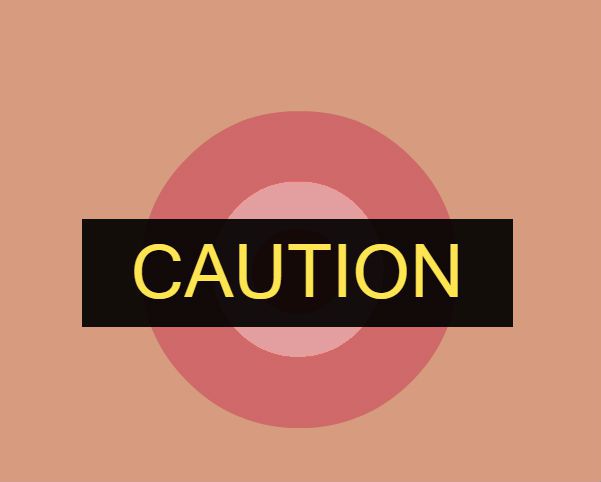Some documentaries exist to tackle big-picture issues, while others hone in on life’s finer details. The Breast Archives, by local director Meagan Murphy, attempts both tasks at once, as the film delves into the world of feminist body politics vis-a-vis the breasts.
 The Breast Archives is truly a unique documentary, making it worth seeing for its message alone. Though this film has some growing to do before it really rends the fabric of the patriarchy, it’s still nice to see something straining on the seams.
The Breast Archives is truly a unique documentary, making it worth seeing for its message alone. Though this film has some growing to do before it really rends the fabric of the patriarchy, it’s still nice to see something straining on the seams.
This project daringly experiments with non-traditional filmmaking techniques to produce a melange of women’s experiences with their own bodies.
The film centers on nine interviewees: women between the ages of 32 and 68 who all speak candidly about their experiences with their own breasts. Covering topics from “taboo” to “reclaiming,” the film attempts to break down the barriers between the viewer and its topic. Occasionally topless themselves, the interviewees talk about how their relationship to their breasts has affected their experiences with childhood, motherhood, sensuality, and cancer. Their talking head-style interviews are intercut with archival/reenacted footage and photographs, thus lending the film its name.
One particularly gripping account comes from Reverend Sandra “Sandy” Harrick in the film’s “Disturbances” section. One night in her teen years, Harrick was having a sexual encounter with her boyfriend when they were found and reprimanded by a policeman. The officer insisted she go home, which, according to Harrick, led to “the first time [she] went insane.” Aware of the physical abuse that would befall her if her father saw her come home with a policeman due to sexual exposure, Harrick reacted violently. Luckily, the officer in question understood. “I think he saw something in me that I didn’t know happened to me,” Harrick explains tearfully. Though his benevolence may have saved her life, Harrick recalls how the experience led her to consciously stifle her adolescent sexual desire. “It didn’t matter what I was feeling,” she says, “I wasn’t going to let myself feel it, because the consequences were far too dangerous.”
 The Breast Archives is like a warm conversation between you and nine of your closest friends. Each woman who speaks is delightfully unafraid to add her own personal history to a larger societal conversation. Even when the film delves into topics like eating disorders, trauma, and assault, it does so with care and deference. Most importantly, the film situates bodily self-hatred as an important and little-discussed aspect of women’s history. By illuminating this centuries-long shared trauma as a sickness passed down from generation to generation, The Breast Archives attempts to break the cycle.
The Breast Archives is like a warm conversation between you and nine of your closest friends. Each woman who speaks is delightfully unafraid to add her own personal history to a larger societal conversation. Even when the film delves into topics like eating disorders, trauma, and assault, it does so with care and deference. Most importantly, the film situates bodily self-hatred as an important and little-discussed aspect of women’s history. By illuminating this centuries-long shared trauma as a sickness passed down from generation to generation, The Breast Archives attempts to break the cycle.
It’s fascinating to see each woman’s distinct experience with her breasts, and the film presents a welcoming place for them to do so. And while the women themselves come from diverse backgrounds, the film could do more to reflect that diversity. Despite including one queer-identified cast member and several women of color, the film makes scant mention of lesbian intimacy and fails to address the negative impact of racialized beauty standards. It could have also been nice to hear from adolescent women here, to better understand those who are still growing into their self-perceptions. Instead, the bulk of the interviewees are early Gen-Xers.
It can be hard, at certain points in the film, to escape your own feelings of embarrassment. With its new-agey aesthetics, skewed age group, and almost overabundant sincerity, the film occasionally feels like an extended sex talk from your mother. While it’s important to recognize how much our own socially-embedded aversion to women’s (especially older women’s) sexuality contributes to that experience, The Breast Archives could also benefit from a few more moments of self-awareness. That’s more an issue with the film’s editing than with its nine interviewees, who all come across as funny, interesting people.
This doc also has some structural issues that could have been solved in the cutting room. Rather than dividing this 56-minute film into a dizzying 11 sections, its editors might have been better able to preserve its conversational flow by cutting down or eliminating these interruptions altogether. This attempt to split the film into subjects further befuddles some of its other aspects, rather than clarifying them. For instance, most interviewees who choose to speak topless do so with no preamble. In some shots, they’re topless, then suddenly, they’re not. This lessens the impact of that particular narrative tool — perhaps intentionally, if the overall goal of the film is to desensationalize breasts, though it also dulls the importance of each woman’s intimate candor.
The Breast Archives premieres Sunday, Sept. 17 at 5 p.m. at the Academy of Music. You can stay abreast of more screenings by visiting the film’s website, thebreastarchives.org.




